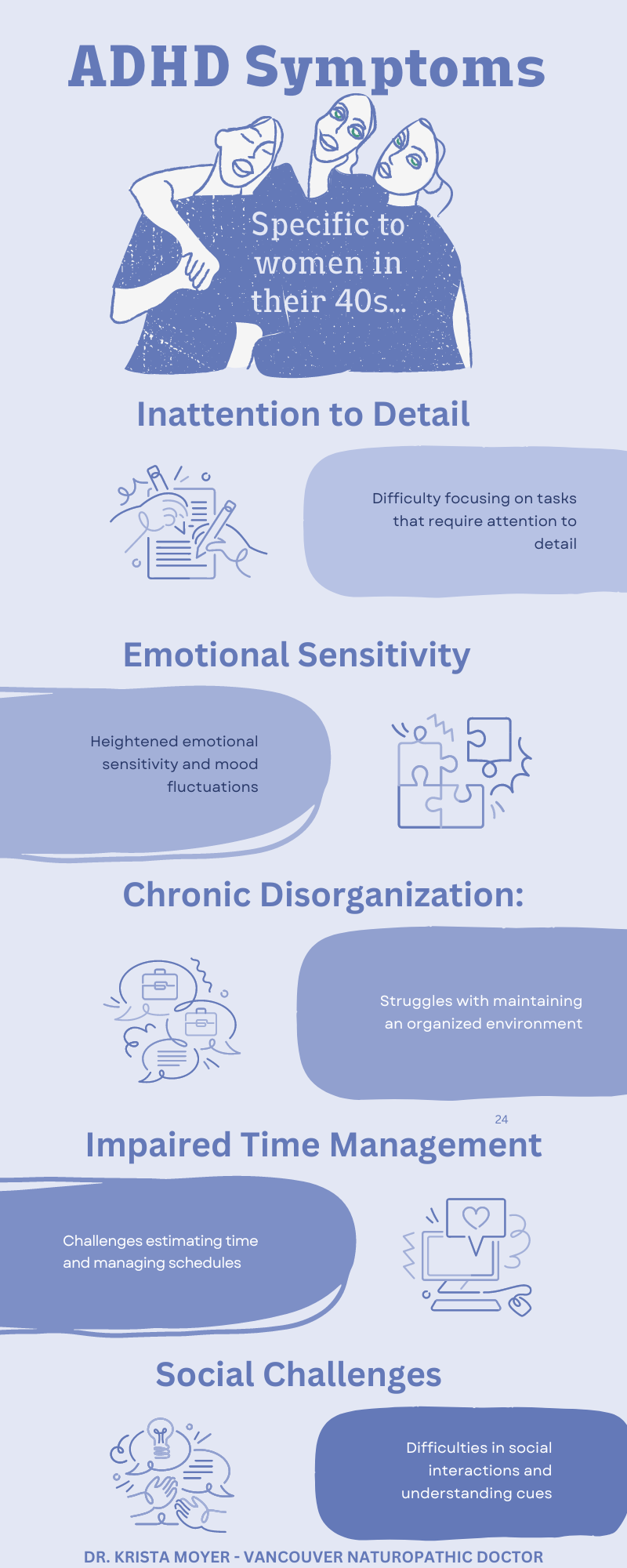Unveiling the Soothing Symphony of Brown Noise:A Look at Recent Scientific Research on its Impact on Overall Health and Insomnia
In a world filled with bustling cities, constant connectivity, and the relentless hum of modern life, the pursuit of tranquility has become a vital endeavor. As people increasingly seek natural remedies to combat stress, anxiety, and sleep disorders like insomnia, scientific exploration has delved into the realm of acoustic therapies. Among these therapeutic soundscapes, brown noise has emerged as a potential champion, promising to harmonize our minds and bodies in ways previously unimagined. In this article, we delve into the latest scientific research conducted over the last five years to understand the effectiveness of brown noise for overall health, with a specific focus on its role in alleviating insomnia. The Spectrum of Sound Before we dive into the research, let's unravel the essence of brown noise. Just as colors span a spectrum, sound too occupies a range that encompasses various hues or frequencies. Brown noise, also known as Brownian noise or red noise, belongs to a class of sounds characterized by its deep, rumbling quality. Unlike its close relatives, white and pink noise, which have equal energy per octave, brown noise boasts a unique feature: its energy decreases as frequency increases. Scientific Studies and their Insights
The Mechanisms at Play While the precise mechanisms behind brown noise's influence on health and sleep are still being unraveled, several theories offer insights into its effects. One prevalent hypothesis is that the rhythmic and predictable nature of brown noise creates a stable auditory environment that promotes relaxation, reduces the brain's sensitivity to external stimuli, and encourages a smoother transition into various sleep stages. Additionally, brown noise's potential impact on the autonomic nervous system and stress response is a subject of ongoing investigation. Conclusion In the symphony of sounds that surround us, brown noise emerges as a potential maestro, orchestrating harmony between our minds and bodies. Recent scientific research has unveiled a series of promising findings, demonstrating brown noise's potential to enhance sleep quality, alleviate stress and anxiety, boost cognitive performance, and even modulate pain perception. As our understanding of the intricate relationship between sound and well-being deepens, brown noise stands at the forefront, offering a simple and accessible avenue to enhance overall health and address the challenges of insomnia. While further research is needed to fully unlock its mysteries, the captivating melody of brown noise continues to capture the attention of scientists, health practitioners, and individuals seeking solace in an increasingly noisy world.
0 Comments
ADHD in Women
In recent years, there has been a significant shift in our understanding of Attention-Deficit/Hyperactivity Disorder (ADHD) diagnosis. Traditionally perceived as a condition affecting primarily children and young boys, the landscape is changing, and a growing trend is emerging – ADHD diagnosis of women in their 40s. Symptoms Specific to Women While the classic symptoms of ADHD include impulsivity, hyperactivity, and inattention, women often experience a distinct set of challenges that can remain unnoticed or misattributed for decades. These symptoms may include:
Diagnosis: Navigating the Path Accurate diagnosis is the cornerstone of effective management. Women in their 40s seeking a diagnosis for ADHD should consider the following steps:
Evidence-Informed Treatments While conventional treatments such as stimulant medications and behavioural therapy remain effective for ADHD, naturopathic approaches can provide a holistic and personalized treatment plan for women in their 40s:
Conclusion The evolving trend of ADHD diagnosis in women in their 40s underscores the importance of a nuanced understanding of the condition. As a naturopathic doctor, I have the privilege of offering evidence-informed, personalized approaches that address the unique symptoms and challenges faced by women. By acknowledging the specific needs of this demographic and tailoring treatments accordingly, we can effectively support women to thrive with their ADHD diagnosis. |
Dr. Moyer Naturopath Vancouver
Archives
August 2023
Categories
All
|


 RSS Feed
RSS Feed
